China has denied its controversial security deal with the Solomon Islands lacks transparency, as an MP confirms the still-secret final agreement is "very close" to the leaked version that alarmed Australia and other Western allies.
Despite assurances from the Solomon Islands Prime Minister that the deal won't undermine peace in the region, there are concerns it could allow China to establish a military presence in the Pacific nation, which is less than 1700km from the Queensland coast.
The worries are not limited to Canberra and Washington. Solomon Islands MP and Parliamentary Standing Committee on Foreign Relations chairman Peter Kenilorea Jr on Thursday added to domestic criticism of the deal.
READ MORE: Murder of two children by mum's partner preventable, coroner rules
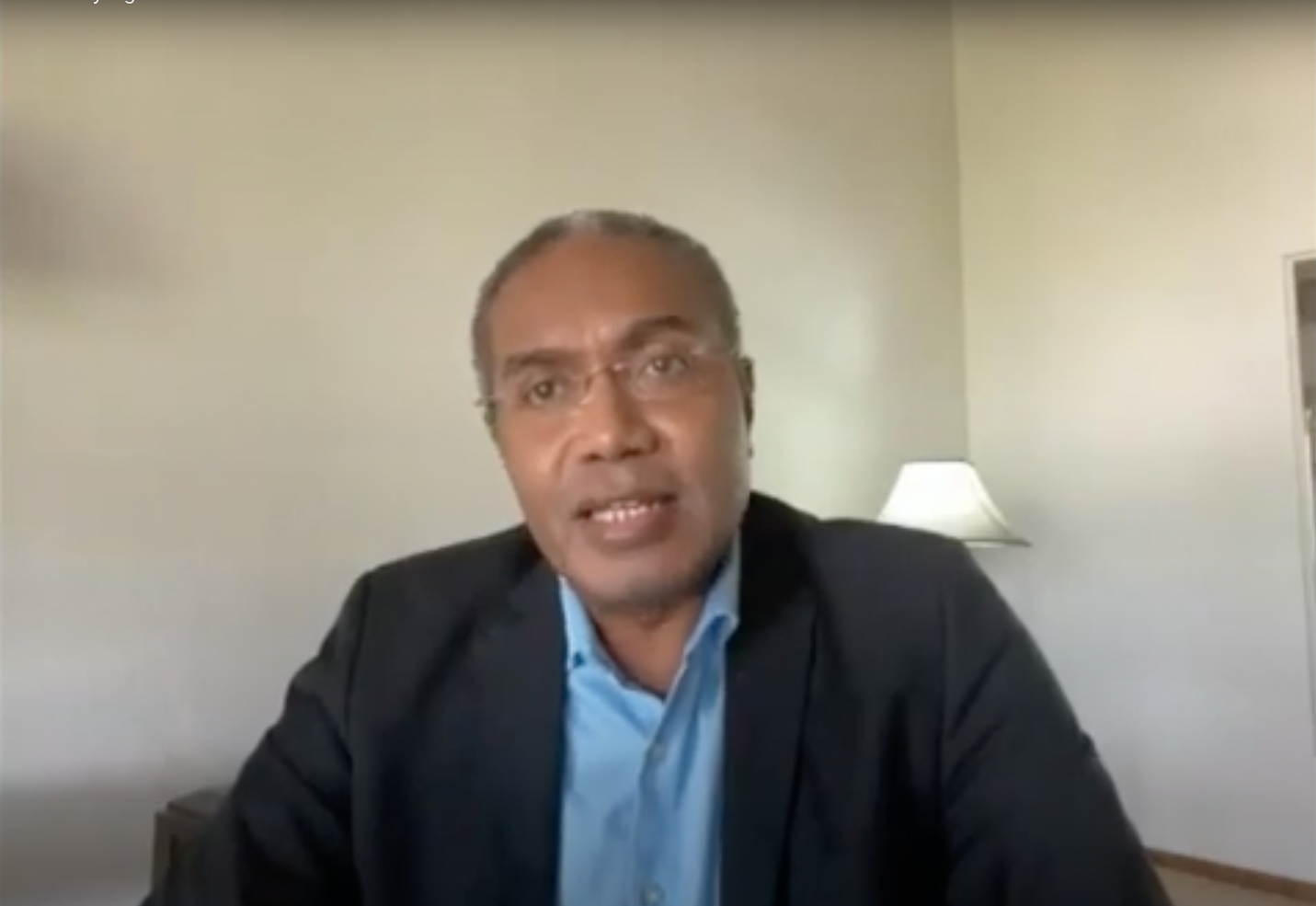
"The agreement itself, I don't see as beneficial to Solomon Islands," he told a webinar hosted by the University of Hawaii on Thursday, saying he would prefer a development agreement with the US and other Western partners.
"But it's beneficial to China and China's plans."
Australia and the US have publicly expressed concerns about deal and the secrecy surrounding it.
Junior minister Zed Seselja flew to Honiara to push to scupper the deal earlier this month, and US National Security Council Indo-Pacific coordinator Kurt Campbell will soon follow his tracks.
Chinese Foreign Ministry spokesman Wang Wenbin insisted the deal, which was only announced days after its signing and is yet to be released, was "open, transparent and inclusive" and did not target any other country.
"The remarks by the US side wantonly criticised China-Solomon Islands security cooperation in disregard of facts and driven by ulterior motives," he said, according to a Chinese transcript of his regular press conference on Thursday.
"China and Solomon Islands have both talked extensively about our security cooperation.
"How can anyone allege that it lacks transparency?"
READ MORE: Stark prediction for Australian coal exports to China
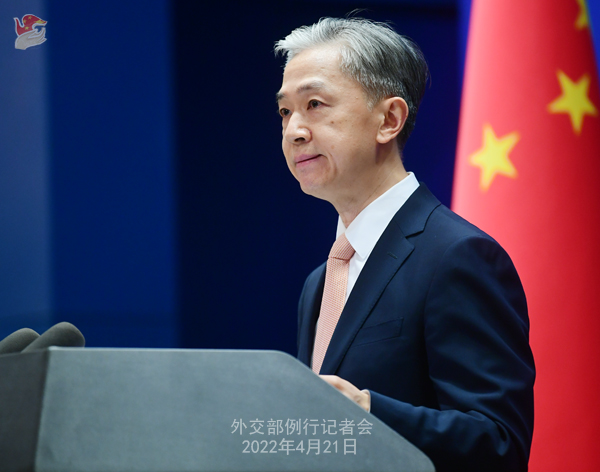
The new deal came three years after a switch in diplomatic allegiances from Taiwan to China, which has been controversial in some parts of the nation.
Former Solomon Islands Prime Minister Danny Philip defended the secrecy, drawing comparisons with the US military base in Pine Gap.
"In matters of national security, there are some things that do not need to be, I think, to have the whole country's legitimacy in terms of national security," Mr Philip said.
"Such as, you know, people in Australia know very little about Pine Gap in the middle of the desert, the military base of the United States.
"There are agreements that open up major ports in Australia that are not being seen by all the citizens of that country."
Mr Philip said the government would likely allow the country to see the details of the agreement, which he described as "very close" to the draft, at a later date.
READ MORE: Russia tests world's 'most powerful missile'
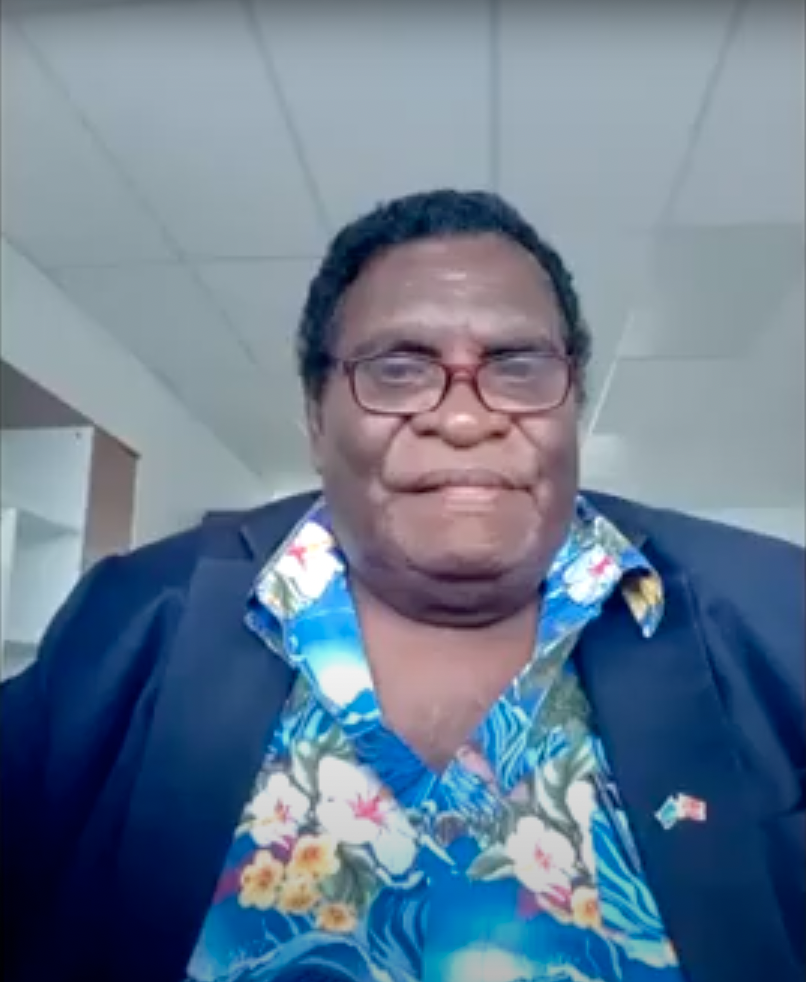
Australia denies claim its forces wouldn't protect Chinese infrastructure
In pushing against the deal recently, Australia has consistently highlighted the security help it and other larger Pacific Nations have given to the country over the years, including during violence in November.
But Mr Philip claimed a senior Australian diplomat had told him and others that Australian officials were not there "to protect Chinese investments, Chinese infrastructure".
Some protesters set fire to a police station and several buildings in Chinatown during the unrest.
Australian High Commissioner to Honiara Dr Lachlan Strahan said suggestions Australian officials refused to provide security support to Chinese-built infrastructure were wrong.
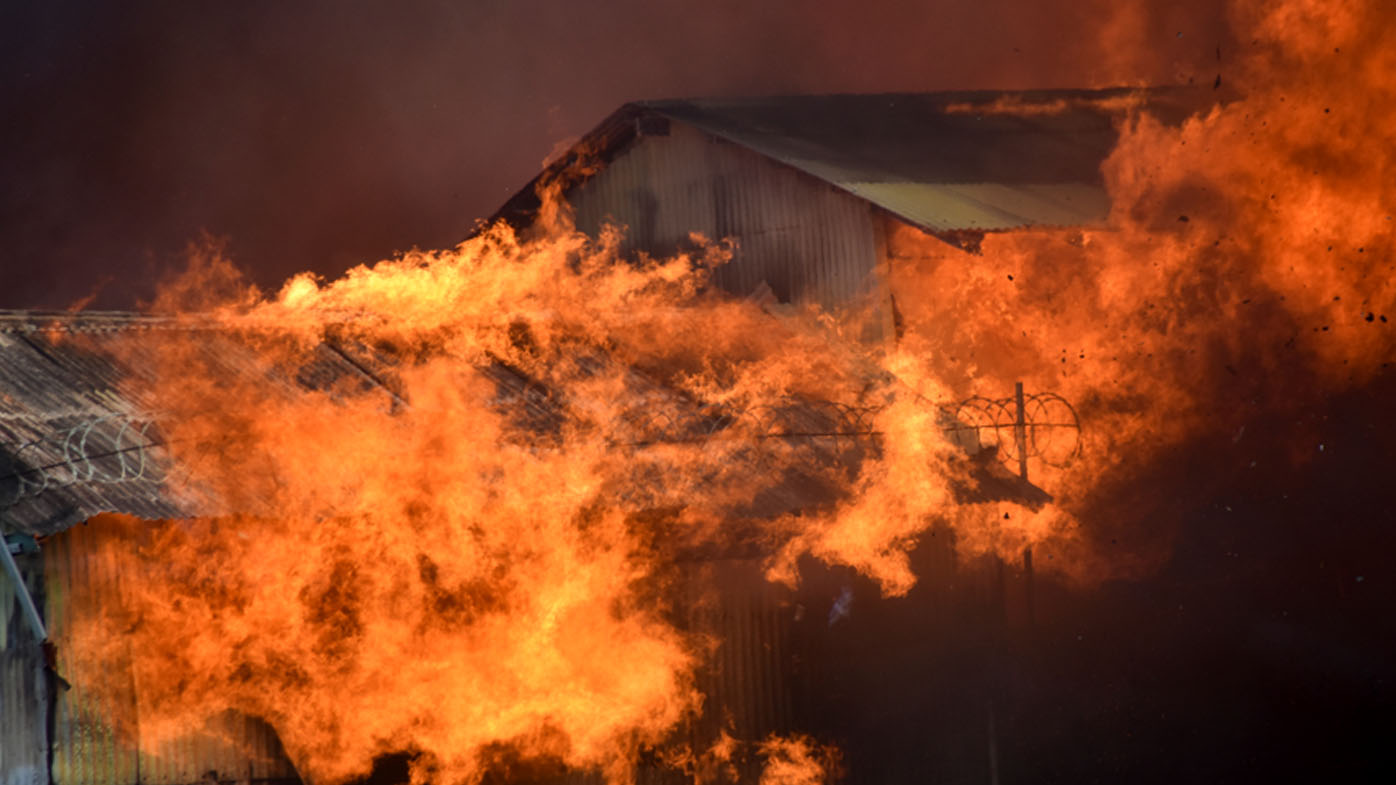
"Australia's security deployment is at all times conducted in accordance with the Royal Solomon Islands Police Force's (RSIPF) priorities and direction, " Dr Strahan told the Guardian.
"Our forces sit under RSIPF command under our bilateral security treaty, and we do not discriminate in the delivery of our security support
There are concerns the agreement, the draft of which allowed allows China to send police and military personnel to the Solomon Islands "to assist in maintaining social order," while also opening the door for Chinese warships to stop in port there for "logistical replenishment", could allow the superpower to establish a naval base.
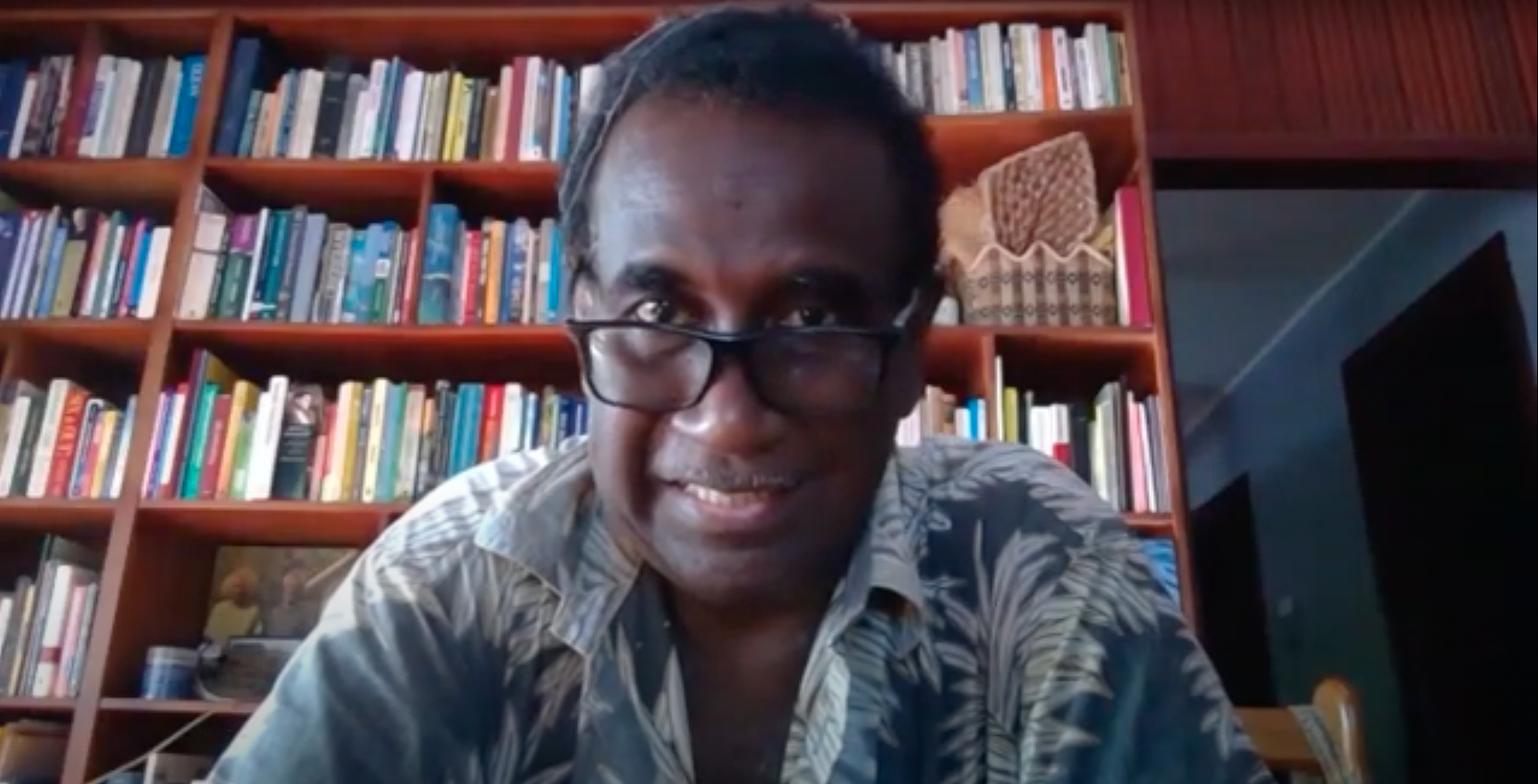
But respected Pacific Islands expert Transform Aqorau downplayed some of those concerns, thanks to the nature of the nation rather than the agreement itself.
"I think it's unlikely for the very reason that it's actually very difficult to secure land and space in Solomon Islands," he told the webinar.
"We're struggling with Bina (Harbour) to build a tuna base there and so because land is customary land and so to the extent that, you know, it's fraught with those challenges, I think it is not as easy as people think it's going to be."
Foreign Affairs Marise Payne and Senator Seselja, the Pacific Minister, have welcomed statements from Solomon Islands Prime Minister Manasseh Sogavare that the "Solomon Islands will never be used for military bases or other military institutions of foreign powers".
"We are concerned about the lack of transparency with which this agreement has been developed, noting its potential to undermine stability in our region," they said.
Labor Foreign Affairs spokesperson Penny Wong called the signing of the deal the "worst failure for Australian foreign policy in the Pacific since the end of World War II".
Source: https://ift.tt/KLrDwEX
Comments
Post a Comment